Why Americans Consider Celebrities for Political Office
Trump’s celebrity past may have been his biggest political advantage.
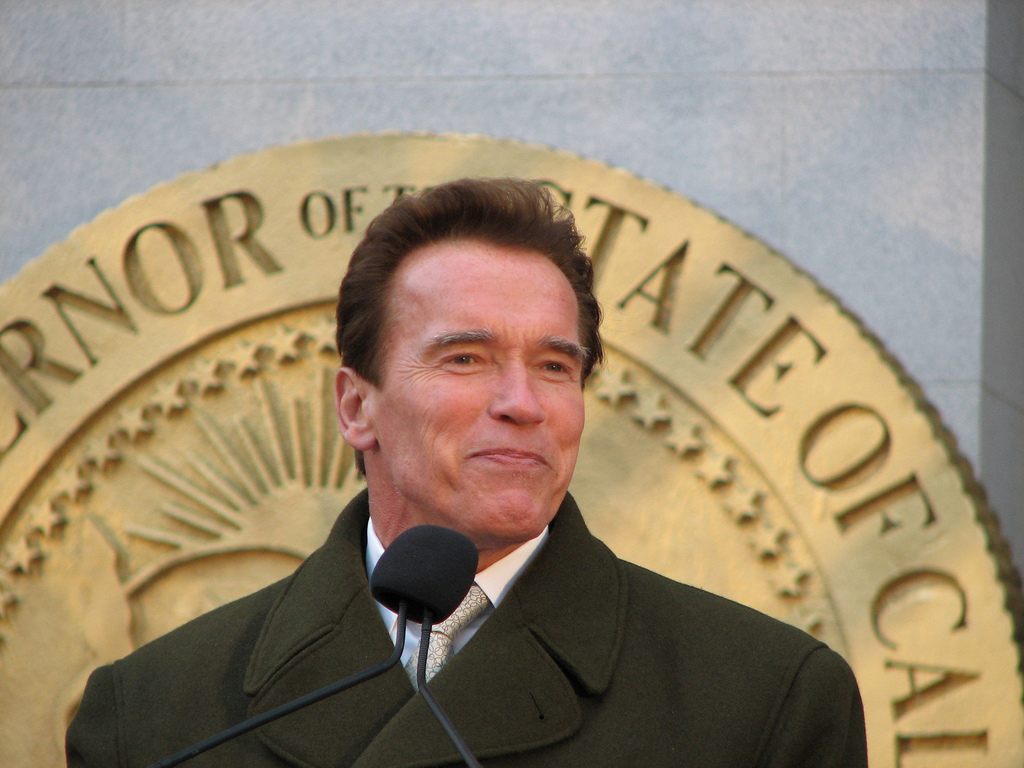
It seems like a millennium has passed since Donald Trump announced he was running for President in June 2015. Now the businessman is president-elect, with the U.S. split between celebrating, protesting, and drifting into a black hole of nihilistic depression. Clearly, the reasons why Trump resonated with so many American voters are complex. But one of the Republican candidate’s main draws, throughout the campaign, has been his celebrity and outsider status.
Before 2015, most people recognized Trump best from the reality show The Apprentice or his antics on the WWE; sixteen years ago, his candidacy was a fly-by joke on The Simpsons. When former first lady Barbara Bush labeled Trump more of a “comedian or a showman” than a politician, it was not seen as a compliment. Yet Trump’s lack of political experience is something he and his supporters frequently cite as an asset, so it’s worth examining the celebrity-politician phenomenon.
Trump joins stars like Arnold Schwarzenegger, Ronald Reagan, Clint Eastwood, Sonny Bono, and Shirley Temple Black in making a successful turn to politics. But while a dearth of previous political involvement would normally hurt a candidate’s chances, in the case of celebrities it seems not to matter much. So why do people embrace celebrities running for political office? And what are the pros and cons of starting out in Hollywood, and going on to influence legislation?
Well, at a time when only 16 percent of Americans think the government does the right thing “most of the time,” celebrities might be viewed less negatively than politicians are, says Robert Erikson, Professor of Political Science at Columbia University. Some stars may feel like a known quantity to voters already—even if their stances on various positions are unknown.
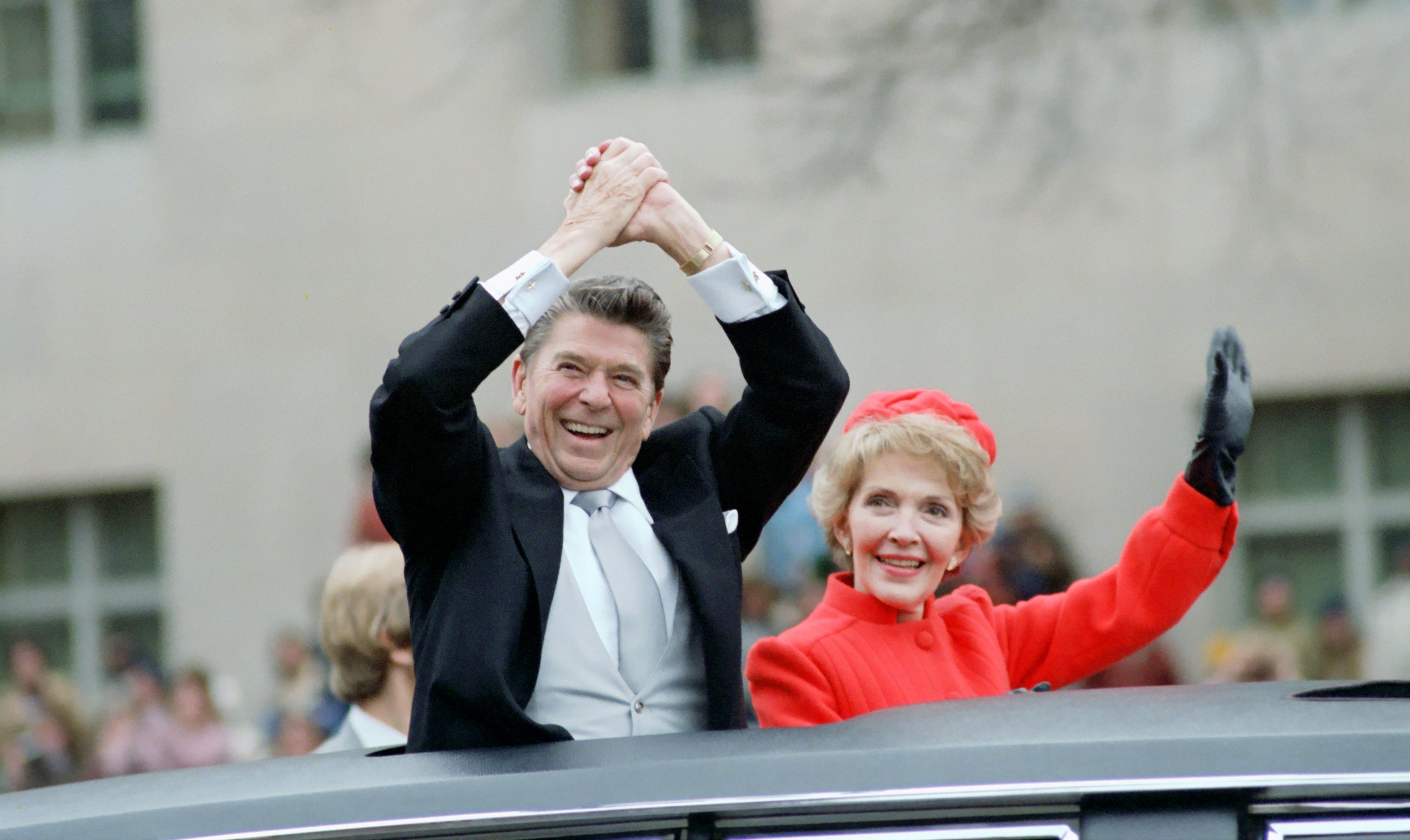
Many campaigns begin by telling the public their story of who the candidate is, something celebrities don’t really need to do. And most of the time, people vote along party lines, rather than for a specific politician, according to Joshua Tucker, Professor of Political Science at NYU. “Most of the votes for offices on the ballot besides president, and maybe governor, senator, and representative—most people have never heard of any of those people, so they just default to party,” Tucker says. Perhaps unsurprisingly, voters the world over tend to be more responsive to candidates they are familiar with.
But it’s not just that. “Actors can be good at acting and that is a requirement of politics. Reagan was successful playing the role of president,” says Erikson. “Celebrities can have more experience and talent in front of audiences than politicians,” he adds. “See Trump as an example.” These on-camera talents can help them navigate scandals more deftly than normal politicians might, since the public may view drama as part of a celebrity’s personal brand.
Ronald Reagan, elected in 1980, became president after acting in Hollywood for nearly 30 years. “As president, Reagan combined a masterful use of television and radio with a great sense of pseudo–event theatrics,” West and Orman write. “Indeed, he threw himself into the role of president as much as he worked himself up for the role of George Gipp in the Knute Rockne movie. Reagan became an outstanding performer in the drama of national political life.”
In the book Celebrity Politics, Darryl M. West and John M. Orman point out that celebrities aren’t far from politics to begin with; politicians are often endorsed by celebrities. When voters don’t know what a politician stands for, they look to trusted guides—which include celebrities. Indeed, there isn’t much difference between the way the public sees politicians and entertainers, says professor Benjamin Bishin of the University of California, however different they may be. We often view our political leaders through the same mediums where we get our entertainment, which mixes our perceptions of them.

When a candidate is shifting their arena from entertainment to politics, advertising their lack of political credentials is often “a choice the candidate is making in trying to frame his or her appeal,” says Tucker. “A candidate like [former Minnesota Governor Jesse] Ventura or Trump, however, can also try to appeal to people who want someone “outside the system” to “shake things up.”
In 1998, when Jesse Ventura left his tie-dyed spandex pants behind him at World Wrestling Entertainment and ran for the Mayor of Minnesota, his campaign ads featured him as an action figure, wearing a suit. As two kids played with the toy, a voice announced: “You can make Jesse battle special interest groups!” and “Don’t waste your money on politics as usual!” Far from ignoring his wrestling past, Ventura wanted Minnesotans to take the metaphor of fighting in the ring to fighting for policy.
“Voters often prefer an outsider who can either promise to fight corruption, or who will promise to overcome partisan division and fix things,” Bishin says.”This is an always unmet promise of being post-partisan.” Arnold Schwarzenegger, while distancing himself from his roles in action movies like Terminator, asserted in campaign ads for Governor of California (which he won in 2003) that “politicians are not doing their job.” He promised to “bring California back again.”
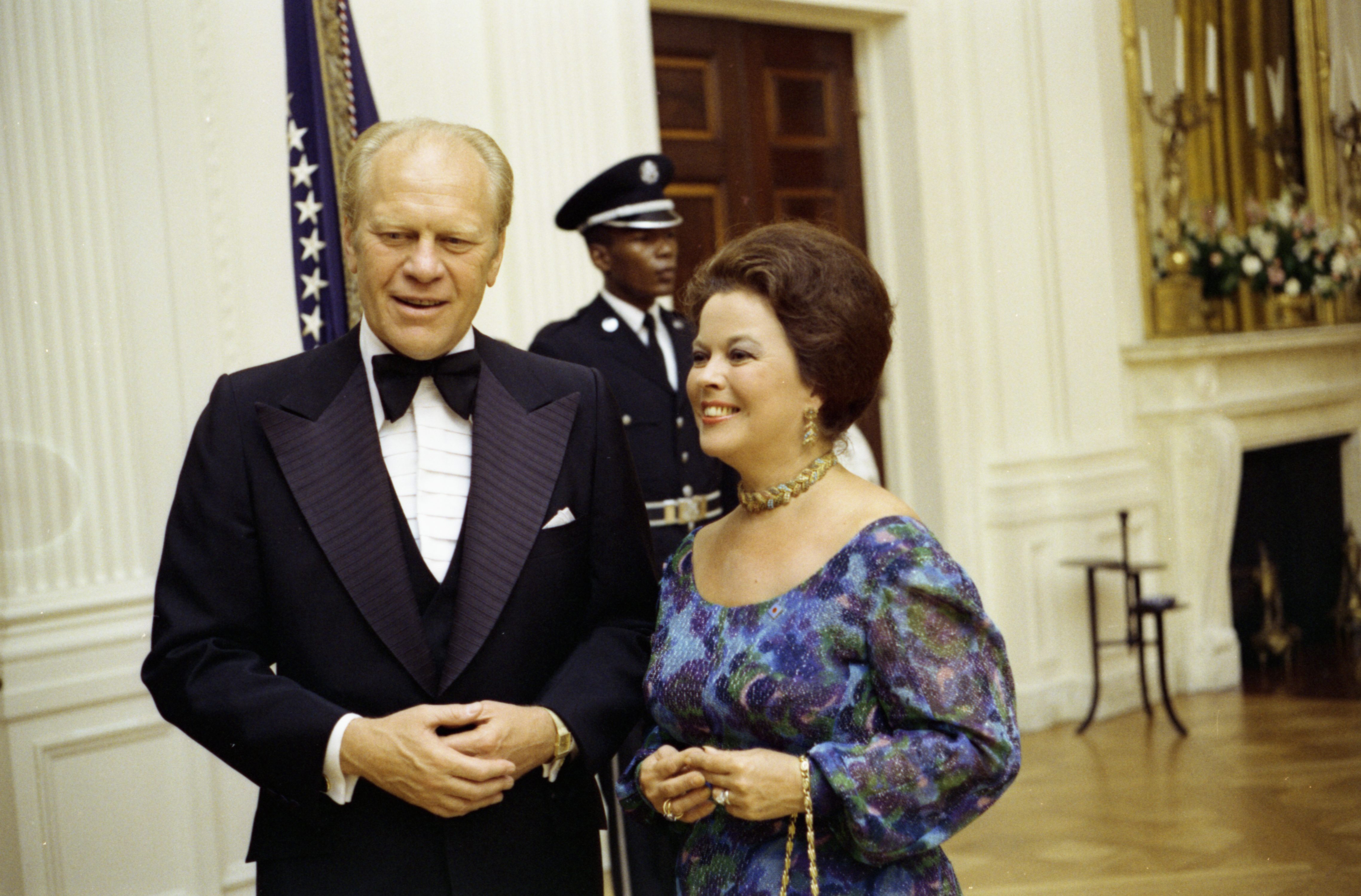
While scandals are often the ruin of politicians’ careers, we expect celebrities to have faults and marry multiple times; when they smash through glass doors with their bare hands in a drunken stupor, we shake our heads. But politicians are held to a different standard. “The “dirt” on Trump has not harmed him as much as one might think,” Erikson says. “I cannot imagine a politician bragging like he did with Billy Bush and the women coming forward.” While he adds that Bill Clinton was a popular president when his own scandals were revealed, “an ordinary politician—say a middle aged senator with a family—could not have gotten away with it.”
Celebrities are drawn to both of America’s major political parties, but sometimes circumstances drive a party to look for candidates in unlikely places, particularly if they’re lacking a ready pool of politicians looking to advance their careers. “I have noticed for instance that Republicans often tap local TV newscasters or even weathermen as candidates for office. They are celebrities at the local level,” Erikson says.
There are definite benefits to being a celebrity when going into politics, but it doesn’t guarantee success. “The bigger disadvantage would be in not knowing how to be effective as a politician,” says Tucker. He explains that in a presidential election, politicians know it will become a two-candidate race, and it’s the norm for most politicians to reframe their campaign toward the center of the political spectrum to appeal to more voters; celebrities don’t necessarily capitalize on this strategy, and sometimes suffer for it.
Jello Biafra, who runs record label Alternative Tentacles and is famous as the lead singer for The Dead Kennedys, ran for mayor of San Francisco in 1979 with the slogan “There’s always room for Jello”, and ran for president under the Green Party in 2000. But his serious policies, which included elections for police officers (by the people they patrol) and legalized squatting in tax-lapsed buildings, were overshadowed by his punk history and the part of his platform that required businessmen to wear clown suits. Biafra later became involved in campaigns for Ralph Nader and Gore, and still engages in political discussion on Youtube.
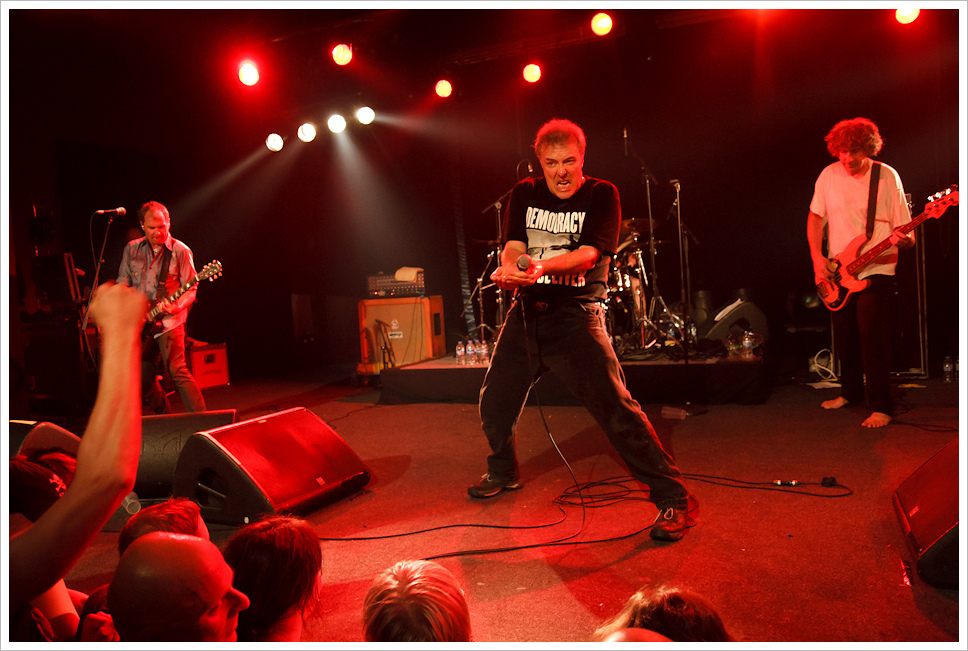
Debates, Tucker says, can also be a problem for people who weren’t trained to handle them. While Trump’s celebrity background might have helped him during the primaries when he was interacting with others onstage, “he certainly looked inexperienced when compared to Clinton in the one-on-one general election debates,” Tucker says. “I doubt a polished politician would have walked around on stage, for example, the way Trump did in the second debate.”
When celebrities do manage to learn the ins and outs of politics, though, their fans show their support. Shirley Temple Black, who became a foreign ambassador, told the New York Times in 1989 that “Shirley Temple opens doors for Shirley Temple Black.” Ben Jones, who was famous for his role on The Dukes of Hazard and later served two terms as a Democratic congressman of Georgia, said in an interview that, “It’s a funny thing, I was sort of the last guy you would think to run for Congress and it turned out I had a knack for it.”
The 2016 election has arguably been the most anxiety-infused political event in recent history. Noting how we vote and why is as important as ever, as it’s likely that we’ll see more celebrities running for political office. We won’t know for a while which scripts they’ll be following, though. With his divisive rhetoric, Trump seems to have tossed the blueprints for both normal politicians and celebrity candidates out the window.
Actor and writer Orson Welles once pointed out that the two professions are two sides to the same bizarre coin. “I don’t think [politicians] are crooks; I think they are actors,” said Welles. “But that kind of acting is not lying, as long as it refers to and reflects and exhausts the essential commonly held ideals of a culture. Those performances are part of our culture even though they are performances.”





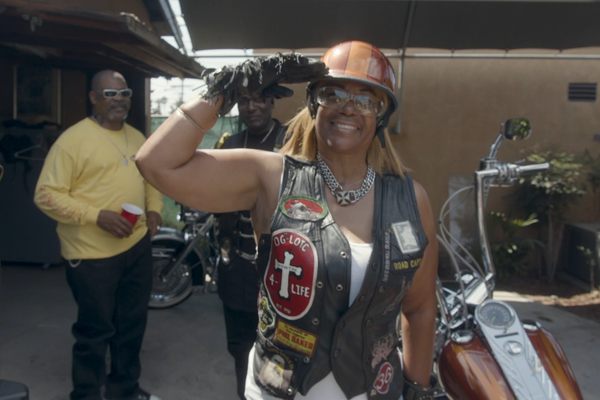



Follow us on Twitter to get the latest on the world's hidden wonders.
Like us on Facebook to get the latest on the world's hidden wonders.
Follow us on Twitter Like us on Facebook